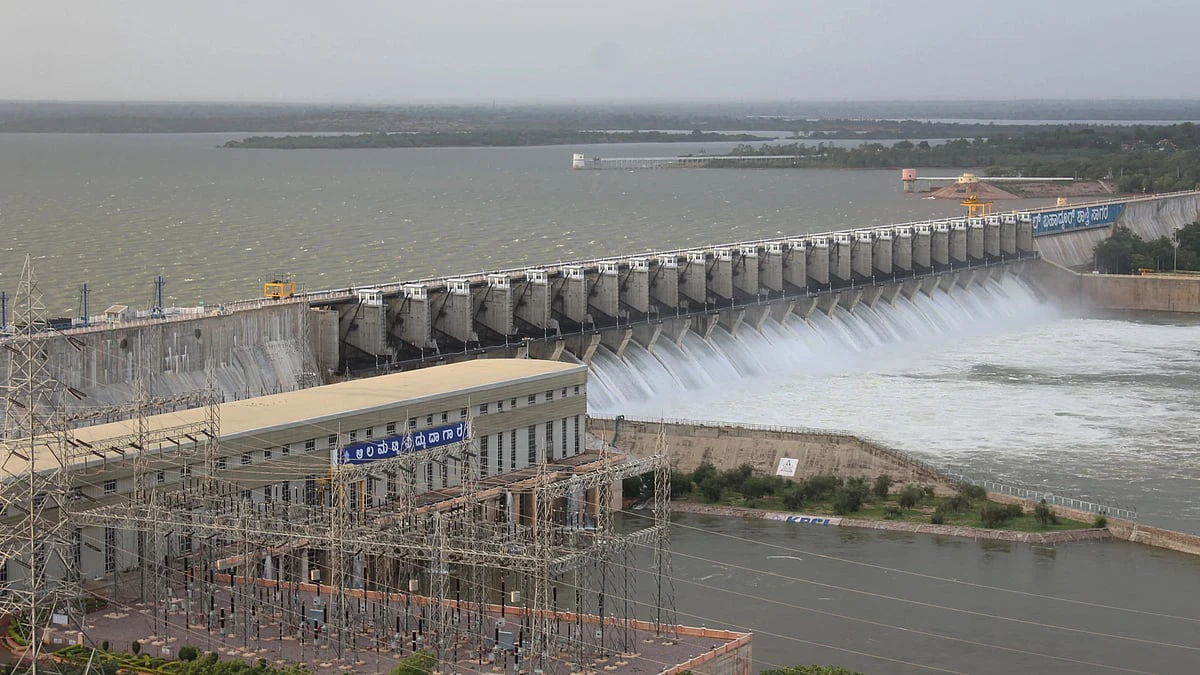The Upper Krishna Project (UKP) has long been envisioned as a lifeline for the parched districts of North Karnataka. By raising the Almatti dam’s height from 519 metres to 524 metres, the state could store an additional 130 tmc of water allocated under the Krishna Water Disputes Tribunal-II award.
This would enable Karnataka to fully utilise its entitlement of 911 tmc, bringing irrigation to nearly 14.7 lakh acres of drought-prone land across Vijayapura, Bagalkot, Kalaburagi, Yadgir, and Raichur, thereby transforming lives and fuelling the region’s economy. However, decades after its conception, the project remains entangled in disputes over land acquisition and compensation. According to Deputy Chief Minister D K Shivakumar, of the 1.33 lakh acres required, compensation has been finalised in only a fraction of the cases. Nearly 45,000 landowners have turned to the courts, seeking higher payouts. In many instances, courts have awarded compensation several times higher than the government benchmark. If such awards were applied uniformly, the state’s liability would balloon to Rs 2 lakh crore, a figure that renders the project financially unviable.
At stake are both the livelihoods of those who stand to lose their lands and the future of lakhs who await irrigation. The government’s insistence that the project can proceed only if the farmers accept the compensation it has fixed risks deepening the impasse. Farmers, understandably, are unlikely to yield unless they are convinced that their sacrifice will be justly valued. Conversely, the state cannot commit to payouts that cripple its finances. The only way forward lies in striking a balance. The government must adhere to the principles of the Right to Fair Compensation and Transparency in Land Acquisition, Rehabilitation and Resettlement Act. Compensation should be fair, realistic, and transparent, coupled with a comprehensive rehabilitation and resettlement package that ensures displaced land owners can rebuild their lives with dignity. At the same time, the state’s legal teams should ensure that compensation awards are consistent and aligned with the Act’s parameters, preventing excessive payments that jeopardise the sustainability of large projects.
Shivakumar’s proposal for broader consultations with ministers, legislators, farmer leaders, and stakeholders is a welcome step. Building consensus will not be easy, but it is the only path to unlocking the project’s potential. Karnataka must view the UKP not as a short-term burden but as a generational investment. Irrigating the dry lands of North Karnataka could alter the destiny of the region. To allow the project to drown in a sea of litigation would be an unforgivable failure.
